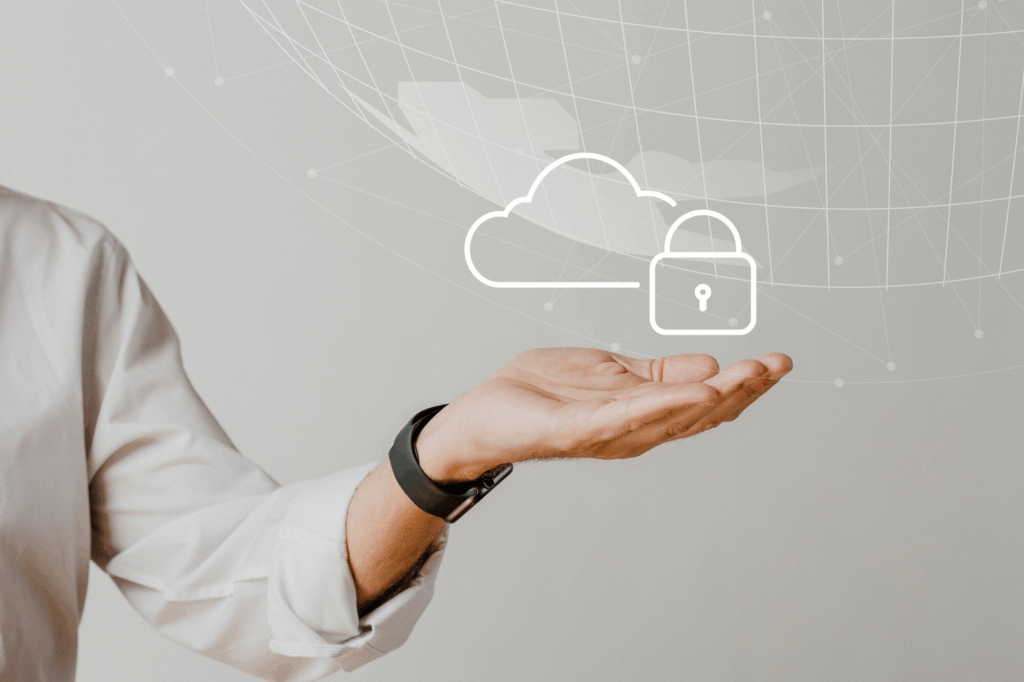Imagine if hospitals around the world could work together to train powerful AI tools that help doctors diagnose diseases faster—without ever having to share a single patient’s private information. That’s exactly what federated learning is making possible.
In healthcare, where data privacy is sacred and regulations like HIPAA are non-negotiable, this new approach is solving an age-old problem: how do we use sensitive data to build smarter medical tools without actually exposing that data?
A Smarter Way to Collaborate Without Sharing Data
Until recently, hospitals wanting to work on AI-driven diagnostics had to send patient data to a central server or cloud. But that raises big red flags. Understandably, no one wants to hand over sensitive health records, even for a good cause.
Federated learning flips that model. Instead of sharing data, each hospital keeps its information on-site and trains an AI model locally. The only thing that gets shared is what the model learned—not the data itself. All these little “learnings” are then combined into one super-smart model that benefits everyone.
It’s like having a global team of doctors share their wisdom without ever reading each other’s patient charts.
Why This Is a Game-Changer
This method is privacy-safe, but also incredibly powerful. Hospitals get to keep full control of their data. There’s no risk of sensitive information leaking, and everyone stays compliant with strict data protection laws like HIPAA.
At the same time, the AI models being trained are learning from a wide mix of real-world cases—from different regions, populations, and health systems. That means better accuracy, earlier diagnoses, and more personalized care, all while respecting patient privacy.
Meet Owkin: Making It Happen
One of the trailblazers in this space is Owkin, a company co-founded by former doctor and researcher Thomas Clozel. Owkin’s platform helps hospitals connect through federated learning so they can collectively train AI models to detect diseases like cancer earlier and more accurately.
“We don’t believe hospitals should have to choose between privacy and innovation,” says Clozel. “Federated learning means they can have both.”
And they’re not just talking the talk – Owkin’s tools are already being used in hospitals to improve diagnoses, predict treatment outcomes, and uncover rare disease patterns that were nearly impossible to detect before.
What’s Next
As hospitals become more digital, and AI tools become more essential, the need for secure, responsible innovation is growing fast. Federated learning offers a promising path forward—a way to combine the brainpower of medical institutions across the globe without compromising anyone’s data.
It’s a perfect example of technology doing what it should: bringing people together, solving real problems, and respecting the boundaries that matter most.
Because in healthcare, privacy isn’t optional—but progress shouldn’t be either.
Unlock the Future of AI -
Free Download Inside.
Get instant access to HonestAI Magazine, packed with real-world insights, expert breakdowns, and actionable strategies to help you stay ahead in the AI revolution.





